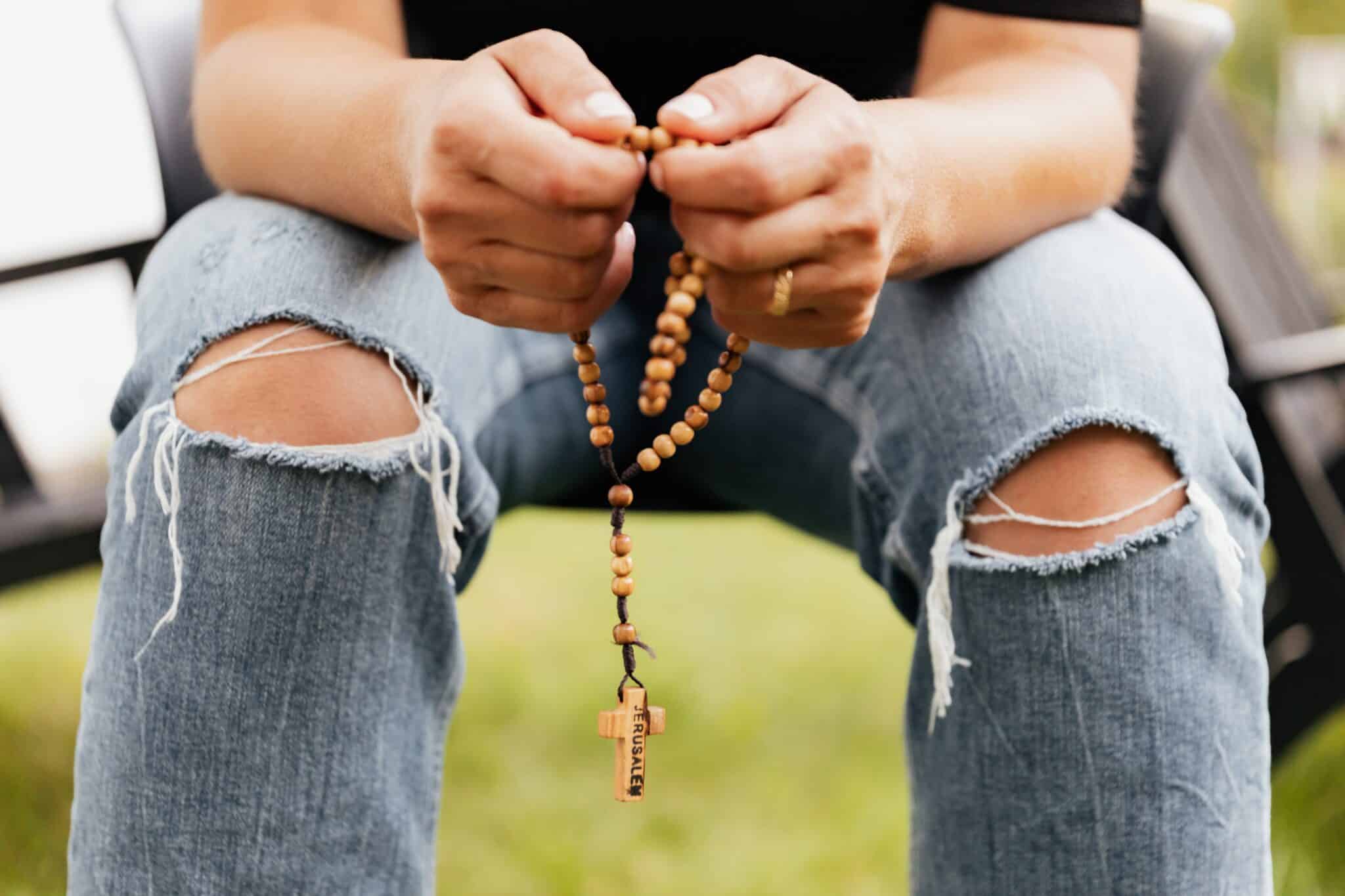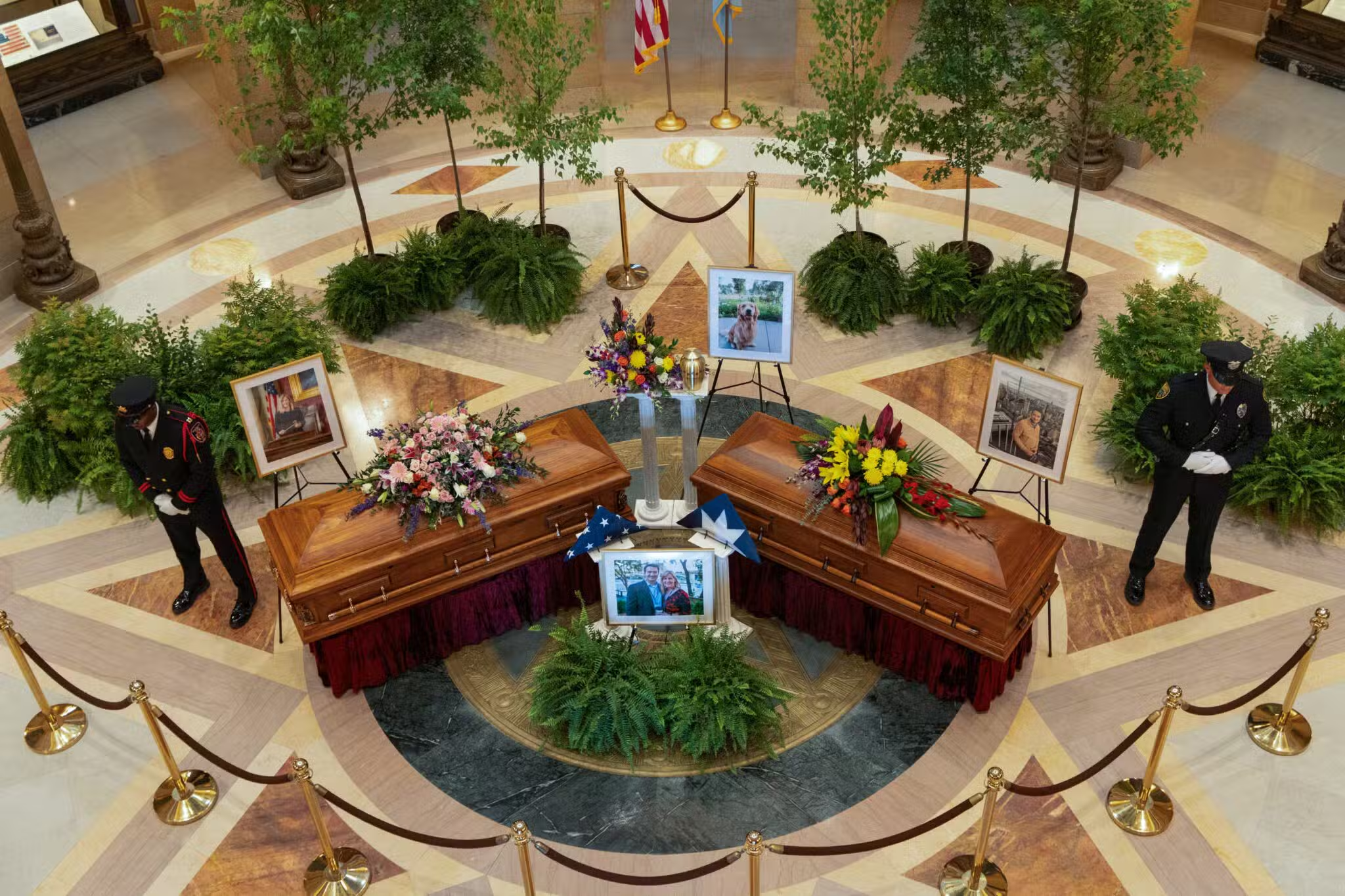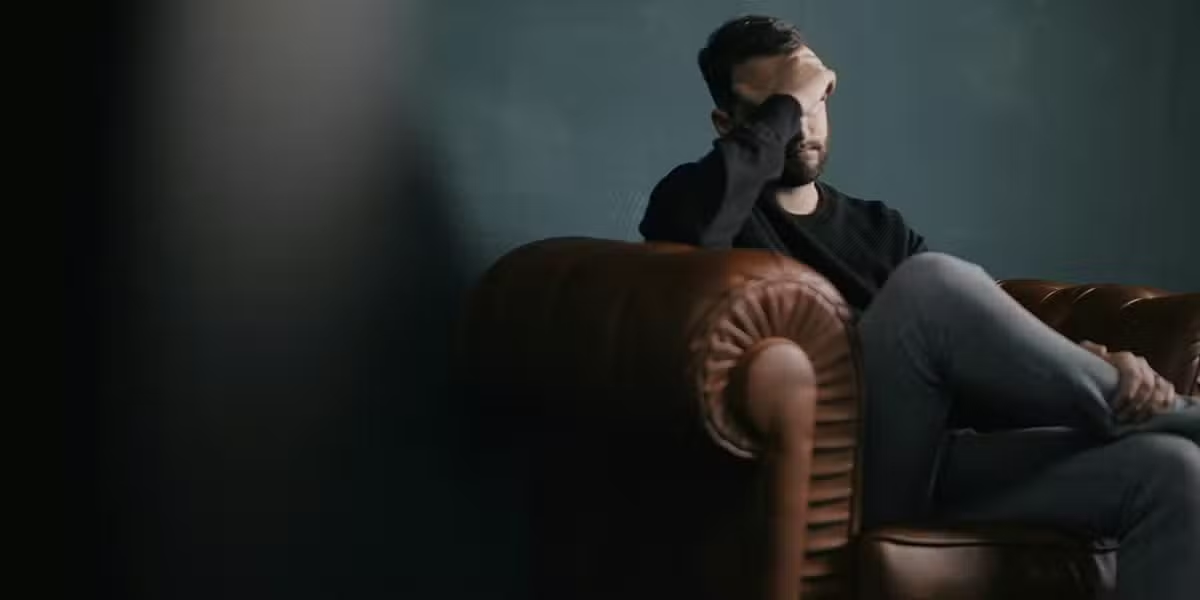IT RECENTLY OCCURRED TO ME that my daily 20-minute exercise routine has a good deal in common with my daily rosary. While one stretches my physical muscles, the other flexes my spiritual muscles. Neither activity is absolutely essential to my health and well-being; many people, far healthier and holier than I am, get along fine without them. Still, the physical exercise each morning energizes me for whatever the day may bring. The rosary each evening helps me accept and put in perspective the joys and trials of the day.
It was not always so. As a young mother, I found it difficult to relate to Mary as the ideal wife and mother. She raised the Son of God, making her the Mother of God. She lived in a different time and culture and did not have to face many of the choices that bewildered me.
Years passed, and I began to see that, although our experiences differed, Mary’s life, like mine, was centered on family and homemaking, that oldest and most honorable profession. I began to pray the rosary and, eventually, to pray mysteries of my own devising, mysteries that helped me see the Holy Family as a model for my own. Children of all times and cultures need love; parents of all times and cultures love and care for their children. Mary did not have a special “pipeline” to God, but she trusted in him as we also must do.
Mary always leads us to Jesus, and these family mysteries especially can guide us in the everyday moments that never seem momentous but, nevertheless, are so important.
The Flight into Egypt
“Joseph rose and took the child and his mother by night and departed for Egypt. He stayed there until the death of Herod . . .” (Mt 2:14-15).
My husband and I used to joke that if we had a few dollars ahead, we should not talk about it within hearing of the car or the plumbing. One of them was sure to develop a problem that would eat up the extra and then some. Did Mary and Joseph marvel at the wealth the Magi presented? Did it seem that God was smoothing the path before them? That this parenting the savior of the world was a pretty good gig? Whatever their plans for this unexpected largesse, I doubt they included the cost of travel to Egypt or the expense of settling in a foreign land.
The Holy Family were immigrants in Egypt—living, working, and worshiping in a strange land with little knowledge of its language and customs. A lot of us at one time or another are immigrants. Most of us do not move to a foreign land, but even a move from one part of our own country to another can leave us
feeling alone and alien. Far from family and friends, we can ask Mary and Joseph to help us adjust and make a loving home wherever we are.
This mystery also serves to remind us of those who, voluntarily or involuntarily, have left their homes to make new lives in another land. If we would welcome the Holy Family into our midst, we must also be a welcoming
presence to those who come to our areas from other cultures and communities.
Jesus Is Lost for Three Days
“. . . but not finding him, they returned to Jerusalem to look for him” (Lk 2:45).
What terror must have filled the hearts of Mary and Joseph when they discovered that Jesus was missing from the caravan! At 12 years of age, he was old enough to watch out for himself, but what parent has ever believed that when a child is lost? God had entrusted the savior of the world to them, and they blew it.
We parents, too, lose our children. Sometimes physically as Mary and Joseph did, but there are other ways to lose children. They can stray from us emotionally, culturally in their lifestyle choices, and spiritually by drifting
from the faith we shared with them. We turn to Mary and Joseph who experienced and understand our pain. They will help us entrust our children to God’s loving care.
Jesus Leaves Home
“. . . ‘Your mother and your brothers are outside asking for you.’ But he said to them in reply, ‘Who are my mother and brothers?’” (Mk 3:32-33).
They knew it had to come. This child had been born to leave them and to fulfill his destiny. Did Mary and Joseph, like many Israelites of their time, expect the Messiah and Son of the Most High to be a powerful earthly ruler, restoring the nation to former glories? Did they question, worry, and ponder when Jesus
took up with fishermen and tax collectors? How poignant for Mary, in company with family, to have her son look at the crowd seated around him and declare, “Here are my mother and my brothers” (Mk 3:34).
Surely one of the hardest parts of parenting is letting our children go, allowing them to make mistakes. The need to give advice, to keep them from repeating our own errors, to push them to become all they can be is almost impossible to resist, but God gave them the same free will he gave us. (I have sometimes joked that this is how we know it’s God the Father; if it were God the Mother, she would know better!) We can look to Mary and Joseph as models of being supportive but not overbearing.
The Death of St. Joseph
“For a father’s blessing gives a family firm roots . . .” (Sir 3:9).
Did Joseph feel he had completed his life’s work? Perhaps he worried about leaving Mary with an only son, who roamed the land preaching, teaching, healing, doing all manner of good, but with no steady income. Did he, perhaps, wonder if he had done right by this unique and special child? Certainly, he must have felt that his friends and neighbors considered him less than successful in his parenting. Good sons were supposed to marry well and continue the family line.
I am sure Joseph was proud of Jesus even though he did not conform to the community’s idea of a good son. Joseph knew he could trust Jesus to fulfill his destiny, as well as to care for his mother—just as all of us can trust him with those we love.
Joseph is often pictured dying in the arms of Mary and Jesus, which makes us think that Jesus left home after Joseph’s death; but since the Bible does not tell us the story of Joseph’s death, I prefer to believe that Mary and Joseph had some time for themselves. Not selfish time, not leisure time, just time to let go and let be.
Mary Accepts the Care of St. John
“Then he said to the disciple, ‘Behold, your mother’” (Jn 19:27).
Change—it comes to all of us. Some thrive on it; some tolerate it with equanimity; others fight it. Mary not only faced the loss of her son to a horrible, scandalous death, she had to make a life-changing move. Two such extraordinary upheavals in a short period of time would send a modern woman to a psychiatrist’s couch. Even Mary may have gone to her knees, but she knew it had to be. She accepted her new situation graciously and gratefully, as she did with so many other circumstances of her life.
We may want to consider this another way: Accepting the care of John could mean that she took care of him, that she went back to making a home for someone, listening when he needed to talk, helping when he was perplexed, soothing when he was sad. We should remember that we may have retired from a job, but we never retire from life. Regardless of our age or circumstances, God has work for us. Both ways of looking at this situation are valid, and we can gain encouragement from contemplating how Mary accepted situations she could not control.
I’m not sure how long it was after my husband’s death that I realized how appropriate this instance in Mary’s life could be to my situation. I have not had to accept the care of another—well, at least, not full-time. I have made more than a few calls for help to sons, daughters, and neighbors; and, to quote A Streetcar Named Desire, “I have always depended on the kindness of strangers.”
Giving up our independence, relying on others to do what we once did so easily—and so much better!—can test our patience and theirs. We look to Mary for help in doing what we can and in graciously accepting help with what we cannot do.








